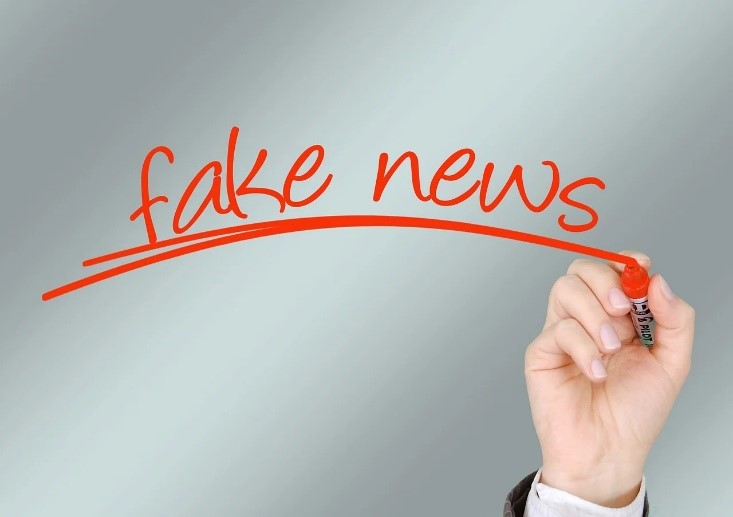How Misinformation During COVID-19 Impacted Marginalized Communities: Key Findings from Johns Hopkins
A recent study by researchers at Johns Hopkins Center for Health Equity (CHE) has highlighted the significant impact of medical misinformation on marginalized communities, particularly during the COVID-19 pandemic. The study, published in the Journal of General Internal Medicine, found that lower educational levels, poor health literacy, and higher levels of medical mistrust were strongly associated with belief in COVID-19 myths and conspiracy theories.
Key findings revealed that individuals who did not rely on government or medical professionals for COVID-19 information were 28% more likely to believe in health myths, and those with less than a bachelor’s degree were 49% more likely to hold these beliefs. Medical mistrust further increased the likelihood of believing in both health and conspiracy myths.
The researchers suggest that public health efforts should focus on improving education and health literacy, while also addressing medical mistrust to combat the spread of misinformation.
Medical Misinformation Harms People from Communities that are Marginalized (Salah, MA, Johns Hopkins, 7/26).



